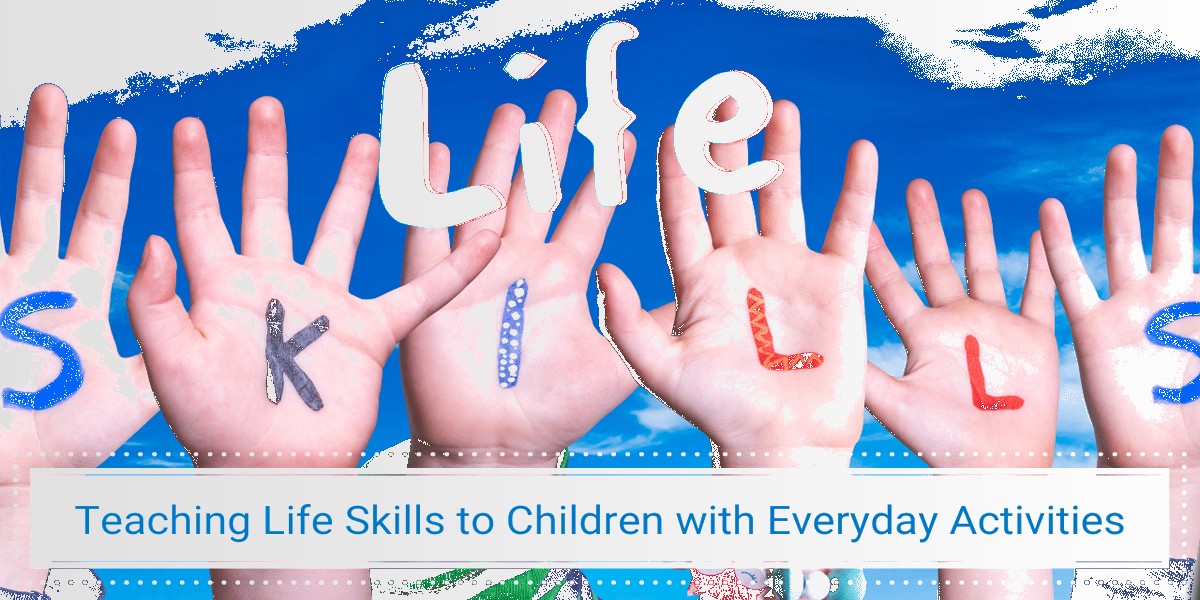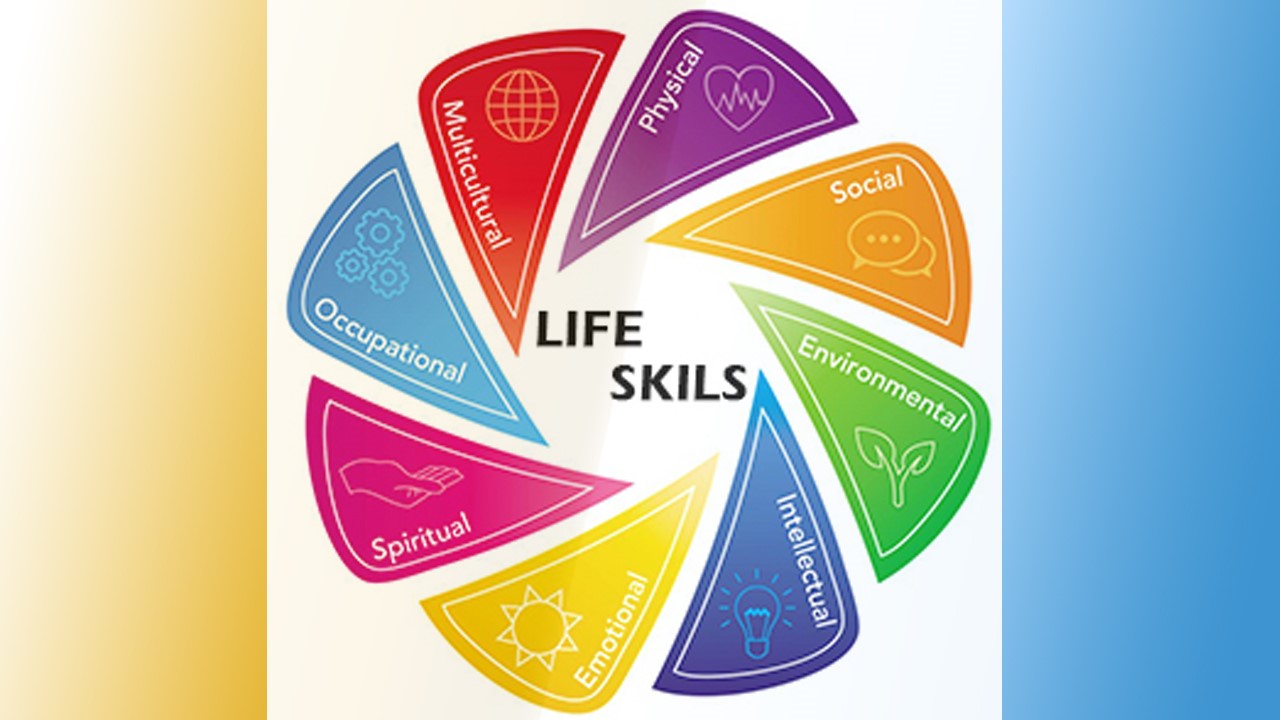Teaching Core Life Skills to Children
Teaching Core Life Skills to Children In today’s fast-paced and ever-changing world, the role of parents in shaping their children’s future has never been more crucial. While academic education is undeniably important, it is equally essential to teach children core life skills that will enable them to navigate the challenges of adulthood successfully. This article explores the reasons why parents should prioritize teaching these life skills to their children and offers insights into how to effectively impart these skills.

What Are Core Life Skills?
Before delving into the reasons for teaching core life skills, it’s essential to understand what these skills encompass. Core life skills, also known as essential or soft skills, are a set of abilities that are not only valuable in everyday life but also in building successful careers and maintaining healthy relationships. These skills include but are not limited to:
- Communication Skills: The ability to convey thoughts, ideas, and emotions effectively through verbal and non-verbal means.
- Critical Thinking and Problem-Solving: The capacity to analyze information, make sound decisions, and solve complex problems.
- Emotional Intelligence: Recognizing and managing one’s own emotions while understanding and empathizing with others’ emotions.
- Financial Literacy: Understanding basic financial concepts, budgeting, saving, and making informed financial decisions.
- Time Management: Efficiently allocating time to tasks, setting priorities, and meeting deadlines.
- Adaptability: Being flexible and open to change, especially in a rapidly evolving world.
- Resilience: Bouncing back from setbacks and learning from failures.
- Self-Confidence: Believing in one’s abilities and having a positive self-image.
- Interpersonal Skills: Building and maintaining healthy relationships, including effective communication, empathy, and conflict resolution.
Now that we have a clear understanding of core life skills let’s explore why parents should prioritize teaching these skills to their children. Read More
Preparing for an Uncertain Future
The world is evolving at an unprecedented pace, driven by technological advancements and global shifts. Jobs that were once considered stable may become obsolete, and new opportunities will emerge. In this rapidly changing landscape, children need more than just academic knowledge to thrive. Core life skills provide a foundation that equips them to adapt and excel in any environment.
Enhancing Academic Success
Interestingly, teaching core life skills doesn’t detract from academic achievement; it enhances it. Children with strong communication, problem-solving, and time-management skills are better equipped to excel in school. They can manage their time effectively, approach complex problems with confidence, and collaborate with peers and teachers more successfully.
Building Confidence and Self-Esteem
Core life skills contribute significantly to a child’s self-esteem and self-confidence. When children develop these skills, they become more self-assured in their abilities to handle life’s challenges. This confidence can lead to greater resilience in the face of setbacks and the willingness to take on new challenges.
Strengthening Relationships
Effective communication, empathy, and conflict resolution are vital components of healthy relationships. By teaching children these skills from a young age, parents empower them to build strong, lasting relationships with family, friends, and colleagues throughout their lives.
Fostering Independence
Teaching core life skills encourages independence in children. As they learn how to manage their time, solve problems, and make informed decisions, they become less reliant on others for guidance and support. This independence is essential as children grow into responsible and self-sufficient adults.
Preparing for Financial Responsibility
Financial literacy is a critical life skill that often goes overlooked in traditional education. However, understanding how to manage money, save, and make wise financial decisions is paramount in adulthood. Parents can lay the foundation for financial responsibility by teaching their children about budgeting, saving, and investing.
Navigating the Digital World Safely
In today’s digital age, children are exposed to the internet and technology from a very young age. Teaching them digital literacy and online safety is crucial to protect them from online threats and misinformation. Parents must guide their children in using technology responsibly and critically evaluating online information.
Promoting Emotional Well-Being
Emotional intelligence is a key component of mental and emotional well-being. Children who understand and manage their emotions are better equipped to handle stress, anxiety, and other emotional challenges. Moreover, they are more empathetic and supportive of others’ emotional needs, fostering healthier relationships.
Leaving a Lasting Legacy
Finally, teaching core life skills to children is an investment in the future. These skills are not only beneficial to the individual but also contribute to the betterment of society. By raising emotionally intelligent, resilient, and responsible individuals, parents play a vital role in creating a more compassionate and capable future generation.
Conclusion
In conclusion, parents should prioritize teaching core life skills to their children because these skills are essential for navigating an uncertain future, enhancing academic success, building confidence and self-esteem, strengthening relationships, fostering independence, preparing for financial responsibility, navigating the digital world safely, promoting emotional well-being, and leaving a lasting legacy. By imparting these skills, parents empower their children to thrive in all aspects of life and contribute positively to society. As we move forward in this rapidly changing world, the value of these core life skills cannot be overstated. For More Information





